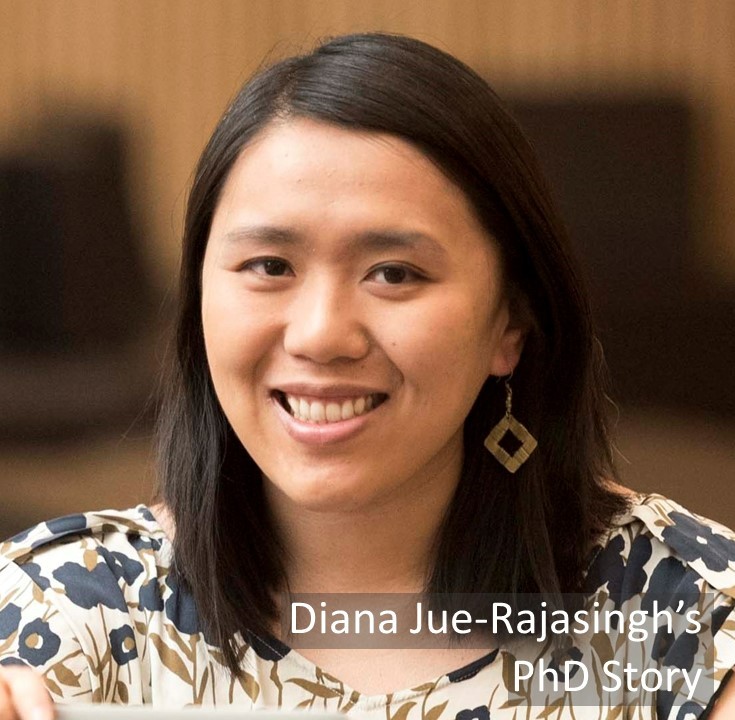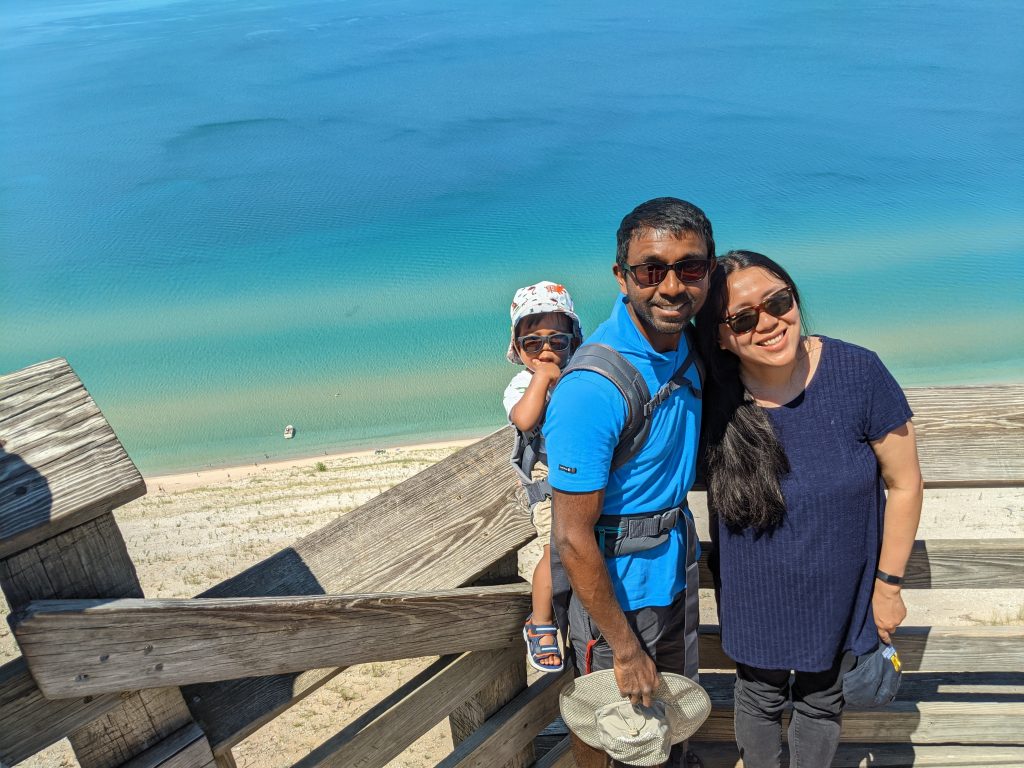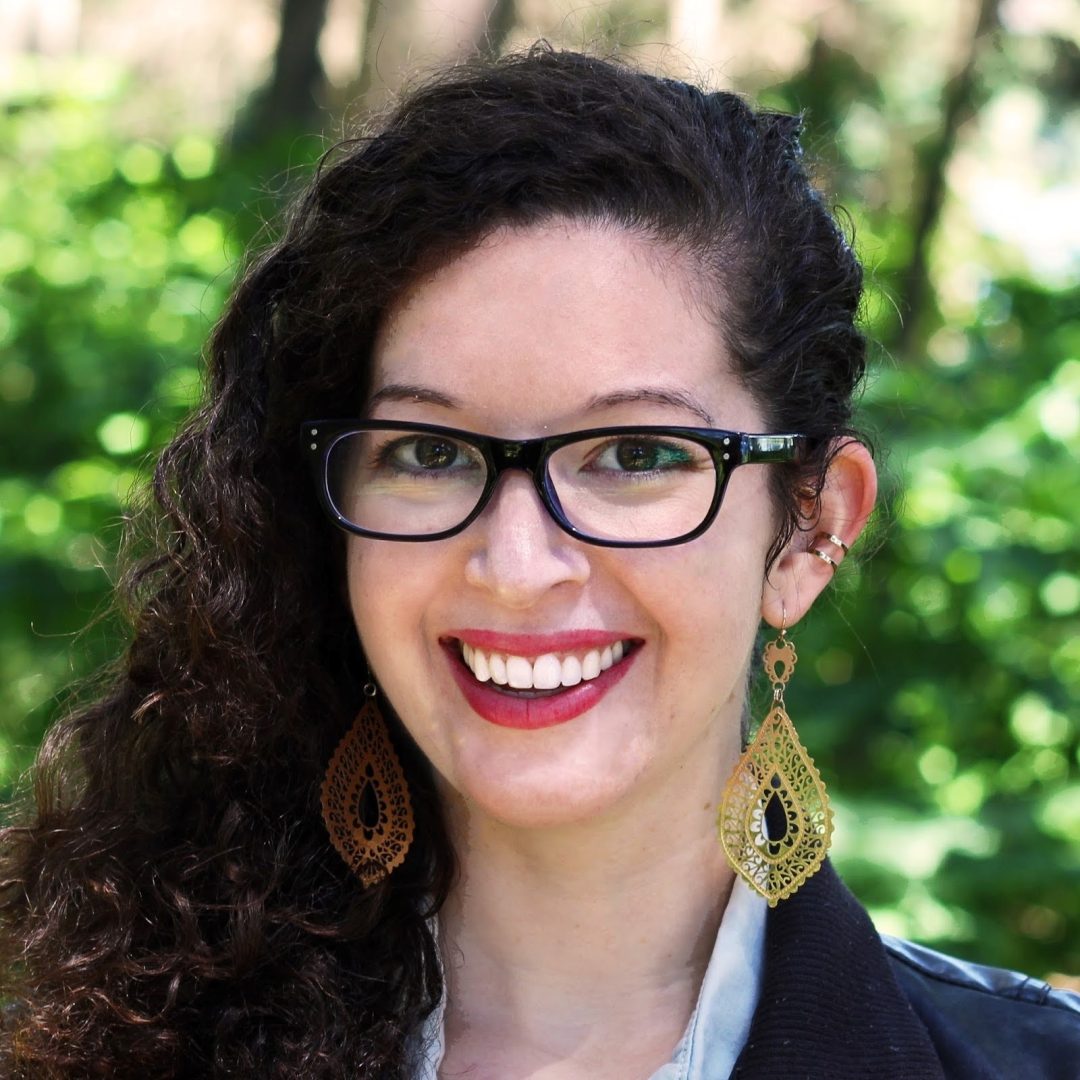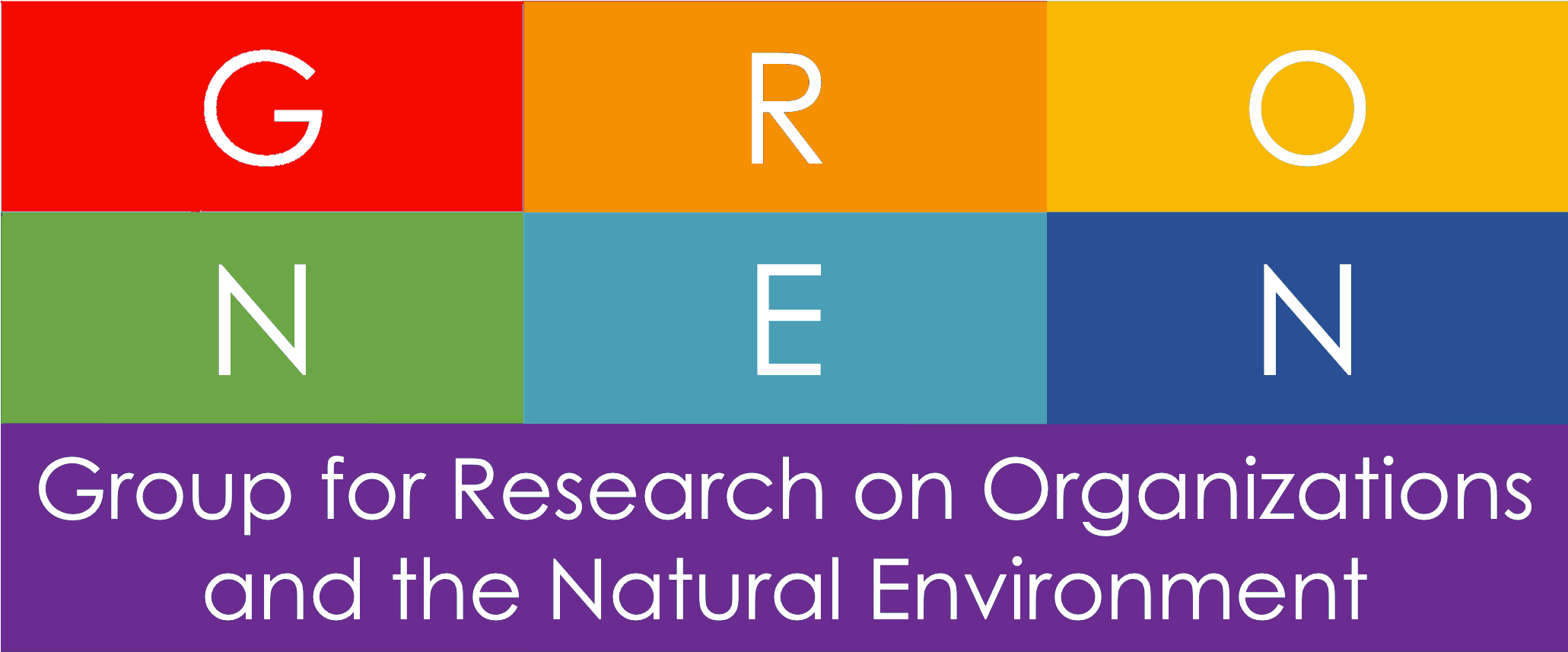
Diana Jue-Rajasingh is a PhD student at the Universtiy of Michigan’s Ross School of Business.
Her research focuses on developing new ventures and markets for social innovations, as well as on discrimination and inequality in markets.
She will be continuing her work as an Assistant Professor at Rice University’s Jones Graduate School of Business.
This is Diana’s story.
What are some memorable experiences you have had during your time as a PhD student?
The first one is running my lab in-the-field experiment in India. I wanted to ask: If you’re an enterprise working in an emerging market economy, and you’re coming in with a new product that’s supposed to improve people’s health, how do you convince partners to help you distribute it? I ran an experiment where I bought 1,000 silver-infused tablets, shipped them to India, and began working with a social enterprise there. With a team of research assistants, we went shop to shop in the city of Bangalore to pitch the product and the company using a social impact frame or a commercial frame to see who accepts the products on consignment. They were willing to take the products up, then they played a game that they determine their willingness to pay. I was able to run this experiment as a graduate student because of the connections I formed in India during my time as a social entrepreneur before entering my PhD program. This type of fieldwork is something that I enjoy doing, and I see myself doing fieldwork in the future as well.
For another one of my projects, I went to three countries in East Africa to interview people in the clean cooking industry. If you don’t know about them, there are improved cooking stoves that reduce air pollution and require less fuel. There have been efforts to create markets for improved stoves, and many of these markets are growing in East Africa. I traveled to these three countries to learn more about the space. I had never been to East Africa, but I had a lot social entrepreneurship ties to the region. I had a great time spending time with friends, conducting up to four interviews a day, and traveling to rural areas for field visits.
My third general highlight has been working on projects with others. The first two projects are sole-authored projects, but I’ve also enjoyed working with coauthors, including both professors and graduate students. I have a few papers with professors both at the University of Michigan and at other universities. I’m also working on papers with students in my strategy graduate program, as well as in our sister management and organizations program. Working with cool people on cool projects is one of the greatest things about our profession.
What inspired you to pursue a PhD?
I completed my undergraduate degrees at MIT, where I studied urban planning and economics. As a student of international development, I became involved in a series of classes called D-Lab. Many of my D-Lab classes were designers of technologies for low-income users: bicycle-powered mobile phone chargers, solar lanterns, etc. I was less interested in design and more interested in how to get these products out to people. What’s the point of a life-improving innovation if nobody can access it? I ended up staying at MIT for my Master’s degree, studying the problem of rural distribution of socially impactful technologies in India.
While I was Master’s student, I cofounded a social enterprise called Essmart that works on distributing life-improving technologies in peri-urban and rural India. After graduating, I moved to India to start up the company, also while working on a Fulbright. I was COO of the company for four years, helping to get the company off the ground, training the local management team, designing processes, and establishing the culture of the company. Near the end of those four years, even though the company was growing, I was feeling burned out from putting out fires all day. I realized I wasn’t the best person who could do my job, and I wanted to go back to doing something I truly enjoyed.
I ended up wanting to go back to school so that I could take the time to think about the work that I was doing as a social entrepreneur. It’s hard to think critically about global efforts to use business as a vehicle for social good when you’re trying to promote a social venture. I ended up pursuing my PhD at the University of Michigan to think more about these questions.
It’s been an interesting ride. When I arrived at Michigan, there weren’t too many researchers working on topics I was interested in. I spent most of my time as a doctoral student trying to figure out how to pursue the work that I wanted to do in a way that other scholars would find interesting.
I am now I am finishing up my joint PhD in business strategy and sociology. I have two main research projects. The first is about developing new markets and new ventures for social innovations, specifically environmental health innovations like improved cookstoves and water purifying technologies. A second line of research concerns issues of discrimination and inequality in markets among entrepreneurs.
In brief, what is the empirical method you are adopting in your thesis?
I consider myself a mixed methods researcher. My job market paper includes an online experiments and a field experiment with a component that was like a lab setup. I also do some qualitative work, and I’ve used quantitative observational data as well. I’ve used whatever method I can use to study the questions that I’m interested in, because in many of the contexts that interest me, it’s hard to get data. Sometimes you have to collect it yourself.
Can you describe a “eureka moment” you might have had during your PhD?
One was a realization that an academic career is a very long and that everything we work on is a stepping stone to the next thing. I don’t have to feel pressured to write the perfect second-year paper or dissertation; everything I do now is part of a very long pipeline. Moreover, anything I write in a first draft of now will improve in the next iteration. So just write it out.
Also, I think that every project I’ve worked on has had its own “eureka” moment – that moment when I figure out what’s theoretically interesting about the phenomenon I’m studying, or when I figure out how to solve an empirical issue. I just wish that I could determine when these eureka moments come to me!

What hobbies or interests do you enjoy outside of work?
I spend most of my time with my toddler and my husband, and we go to all of Ann Arbor’s museums and playgrounds. Pre-motherhood, I loved to travel. Traveling with a child is not the same.
Otherwise, I like to eat good food and drink good coffee. For food, I prefer hidden gems and the surprises that you may find at hole-in-the-wall restaurants.
What three tips would you offer to new PhD students in your field?
- Remember that your worth is not bound in your work. I think we tend to conflate the two and think, “I am what I do.” But you are not what you do. You are who you are, and you do things. Therefore, do not take rejection or critical feedback of your work personally. Take such experiences and learn from them to improve your work, which, again, is not you. So keep putting your work out there, knowing that it might be knocked around a bit. Given that my work has been rejected so many times by so many people, this is just a reminder to myself.
- It’s okay if not everybody likes what you do because you can’t please everyone. When I was an early-stage PhD student, somebody told me that you only need to convince five people that your work is important. And these five people are going to be those to whom your work will naturally speak, anyway. Not everybody’s feedback is going to be important to the development of my project.
- Learn how to communicate what you do and who you are in a way that’s compelling to non-academics or scholars in other disciplines. In a way, academics are like salespeople; we’re selling our ideas and, when we’re looking for work, we’re pitching ourselves. I also think that communication is important for engaging the broader community. Many of us work on very pressing and relevant issues. It’s important to get our work out there.
In brief, what does the GRONEN community mean to you?
I participated in the GRONEN doctoral consortium last year. I really loved good the feedback; it was smart and encouraging. I also appreciate that there are people in this space who are studying topics that I study, because community is so important.
What’s next for you?
I will be an Assistant Professor at Rice University’s Jones Graduate School of Business in the Strategy and Environment group.
Contact
If you would like to reach out to Diana, you can contact her via email, Twitter @dianajuerjs, or her website.

Elizabeth M. Miller is a doctoral candidate at Aalto University School of Business in Finland. Her work focuses on systems change and circular economy.
